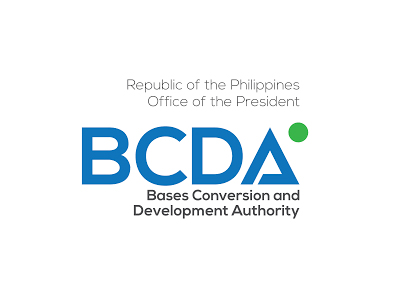State-run Bases Conversion and Development Authority (BCDA) said Wednesday it expects to generate P48 billion from the disposition of the Ninoy Aquino International Airport (NAIA) Terminal 3 property.
The BCDA signed a memorandum of agreement (MOA) with the Manila International Airport Authority (MIAA) for the 61-hectare property, valued at P48 billion.
Under the MOA, BCDA secured an increased annual lease payment of P489 million, up from P180 million, and granted MIAA a three-year option to purchase the property for P48.89 billion or continue leasing it.
“This agreement is a win-win for the government, allowing BCDA to contribute more to state coffers while helping MIAA ensure seamless air traffic operations at this critical gateway,” said BCDA president and chief executive Joshua Bingcang.
Bingcang said the increased payments would boost government revenue, aligning with BCDA’s mandate to drive economic growth through strategic development initiatives.
MIAA general manager Eric Jose Castro Ines said the lease-to-own setup allows MIAA to secure long-term control of the land.
“This will enable us to expand and modernize NAIA Terminal 3 without external constraints,” he said.
If MIAA opts to purchase the property, a P10 billion down payment, less accumulated lease payments, will be required. The remaining balance will be subject to a 5-percent annual interest rate. BCDA has structured a 15-year payment plan with semi-annual installments of about P3.74 billion.
Owning the land would allow MIAA to make long-term investments in NAIA’s infrastructure, boosting its capacity to accommodate growing domestic and international air travel demand.
Data showed that in the first quarter of 2024, NAIA Terminal 3 processed 1.7 million international passengers on 7,700 flights and 1.5 million domestic passengers on 8,200 flights.
As mandated by Republic Act 7227, BCDA converts former military bases into economic hubs, generating revenue through asset disposition, leases and joint ventures.
A portion of the proceeds is remitted to the Bureau of the Treasury and the Armed Forces of the Philippines, while the rest funds BCDA infrastructure projects to strengthen its economic zones.


